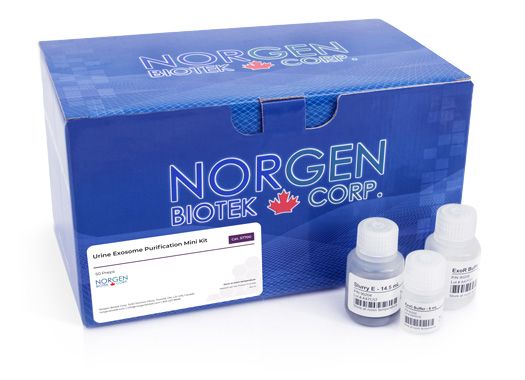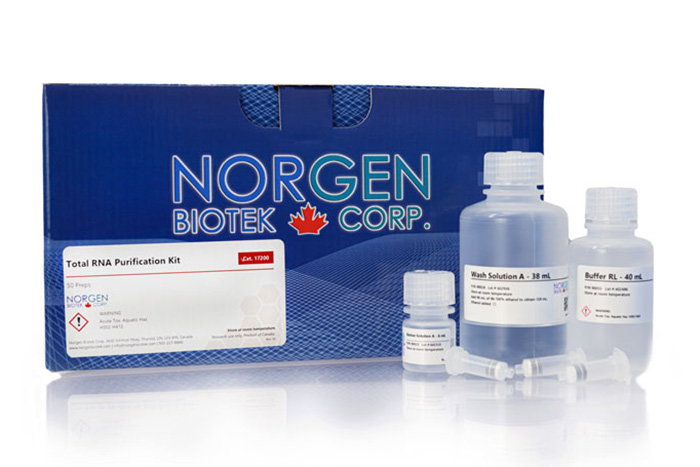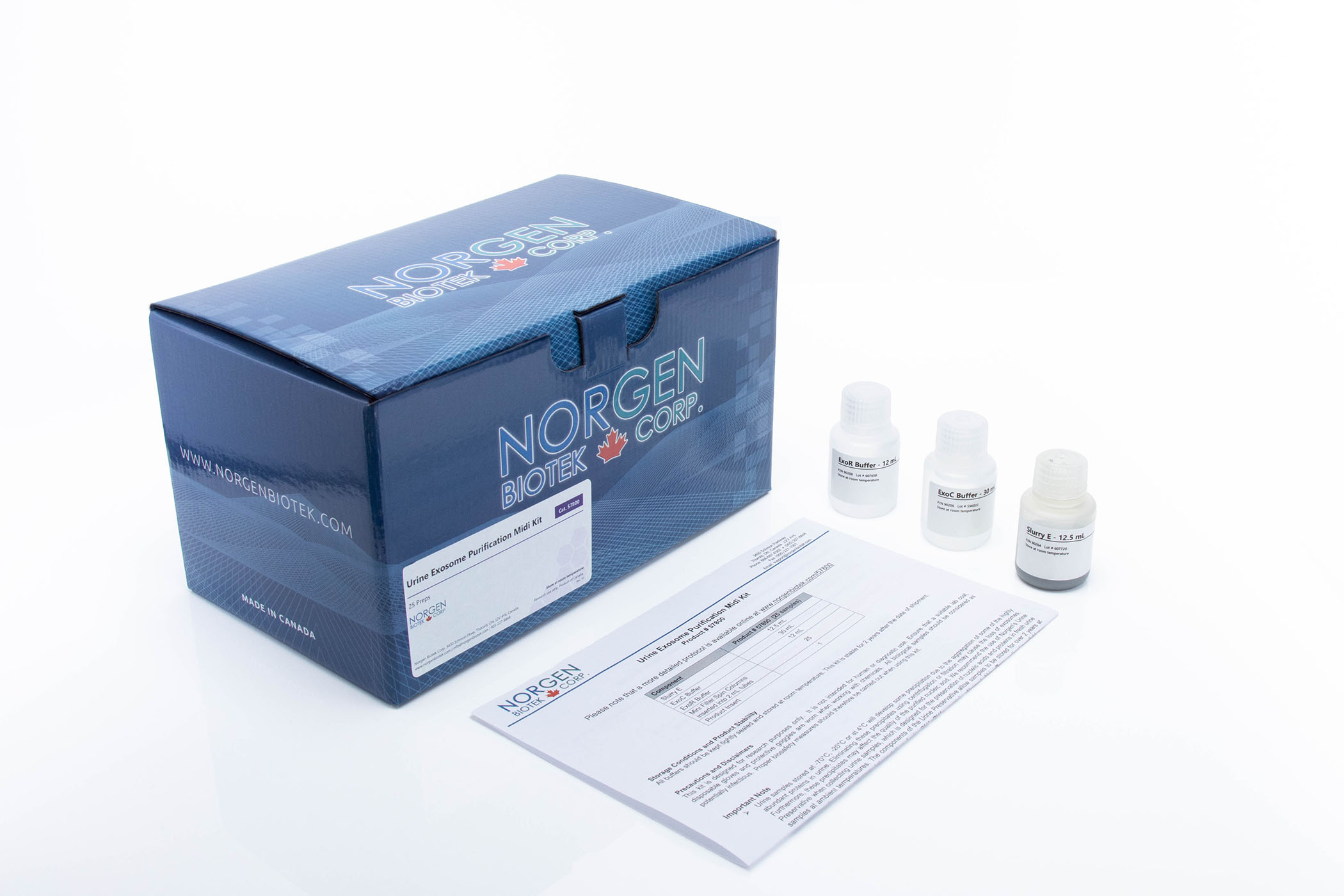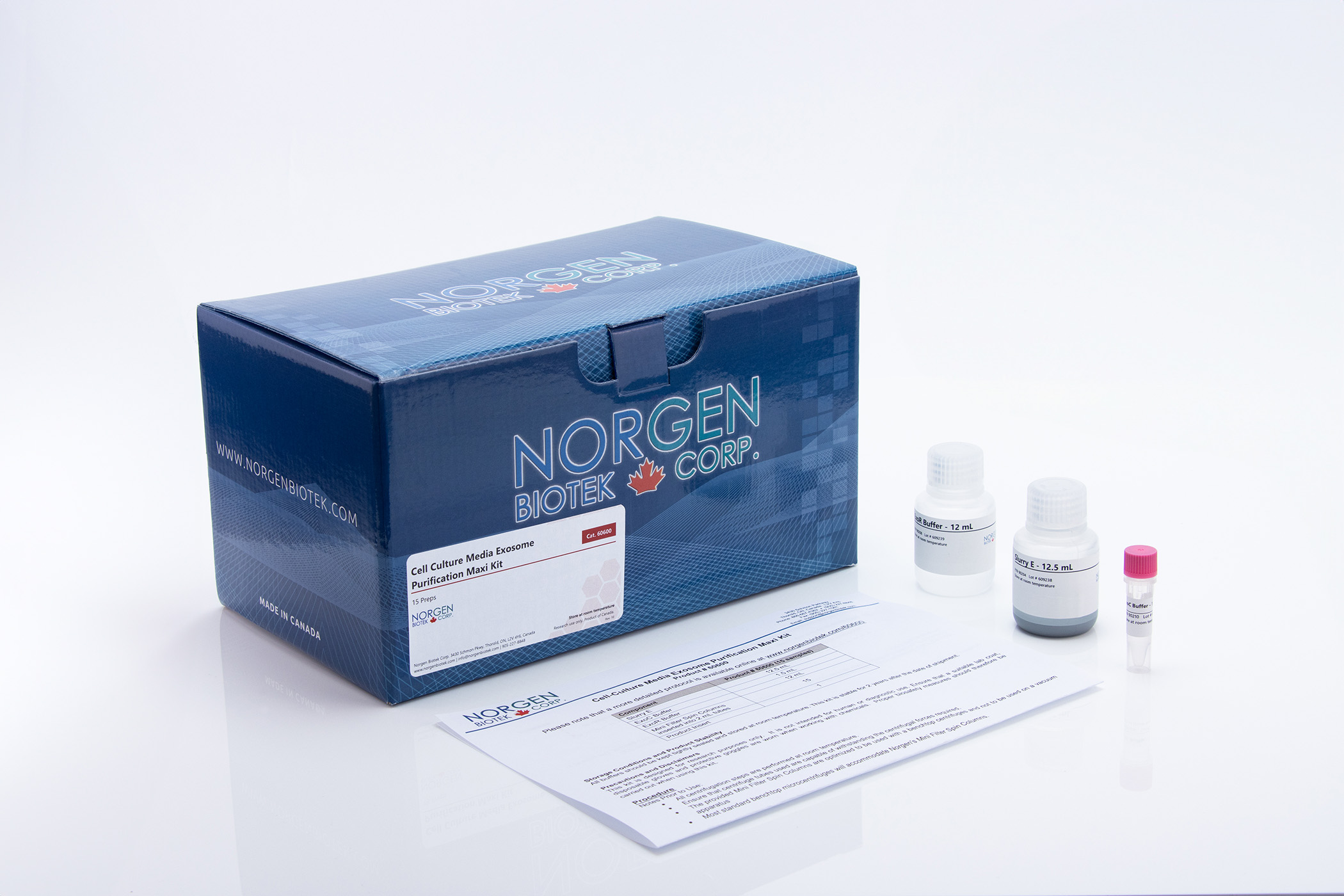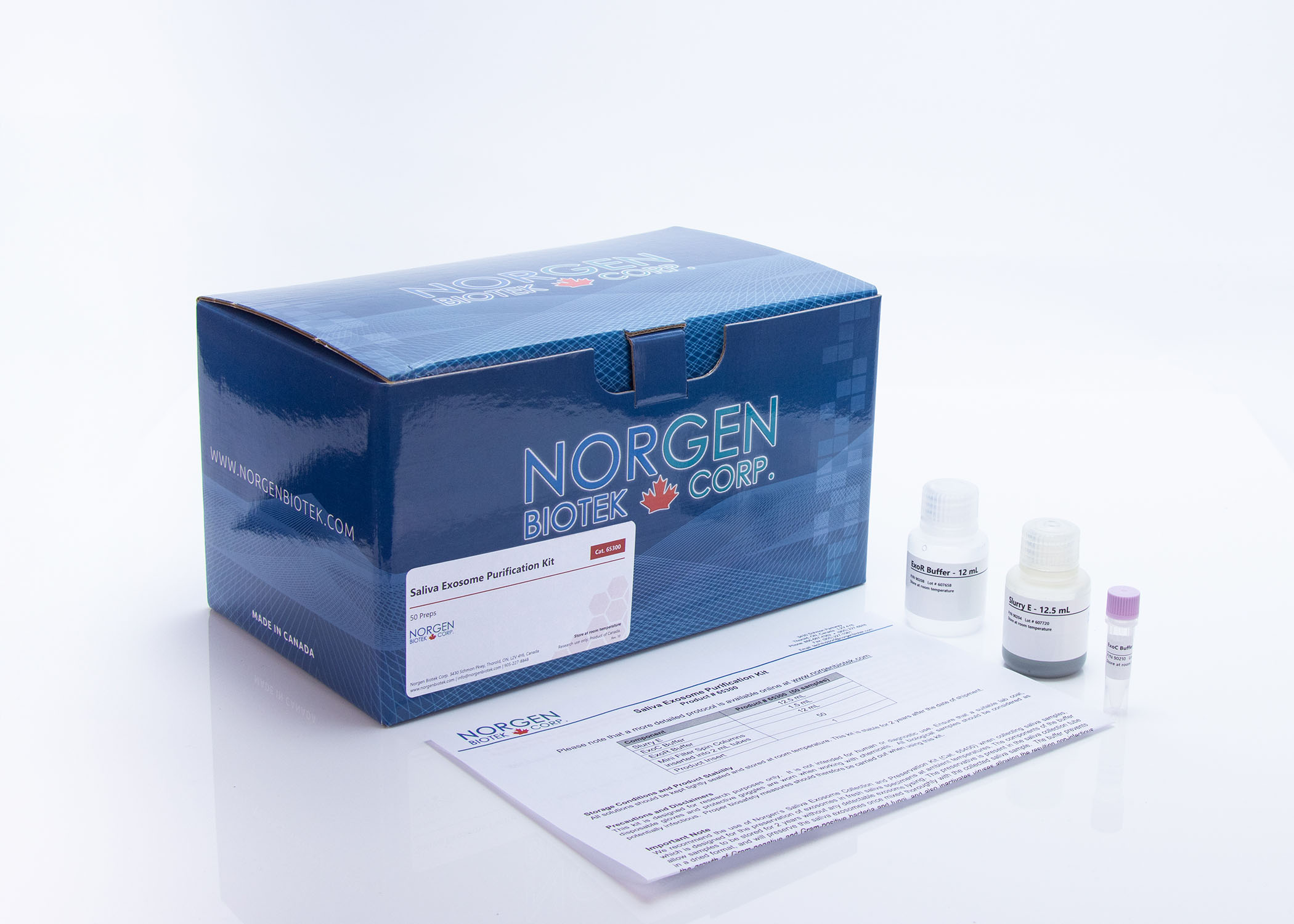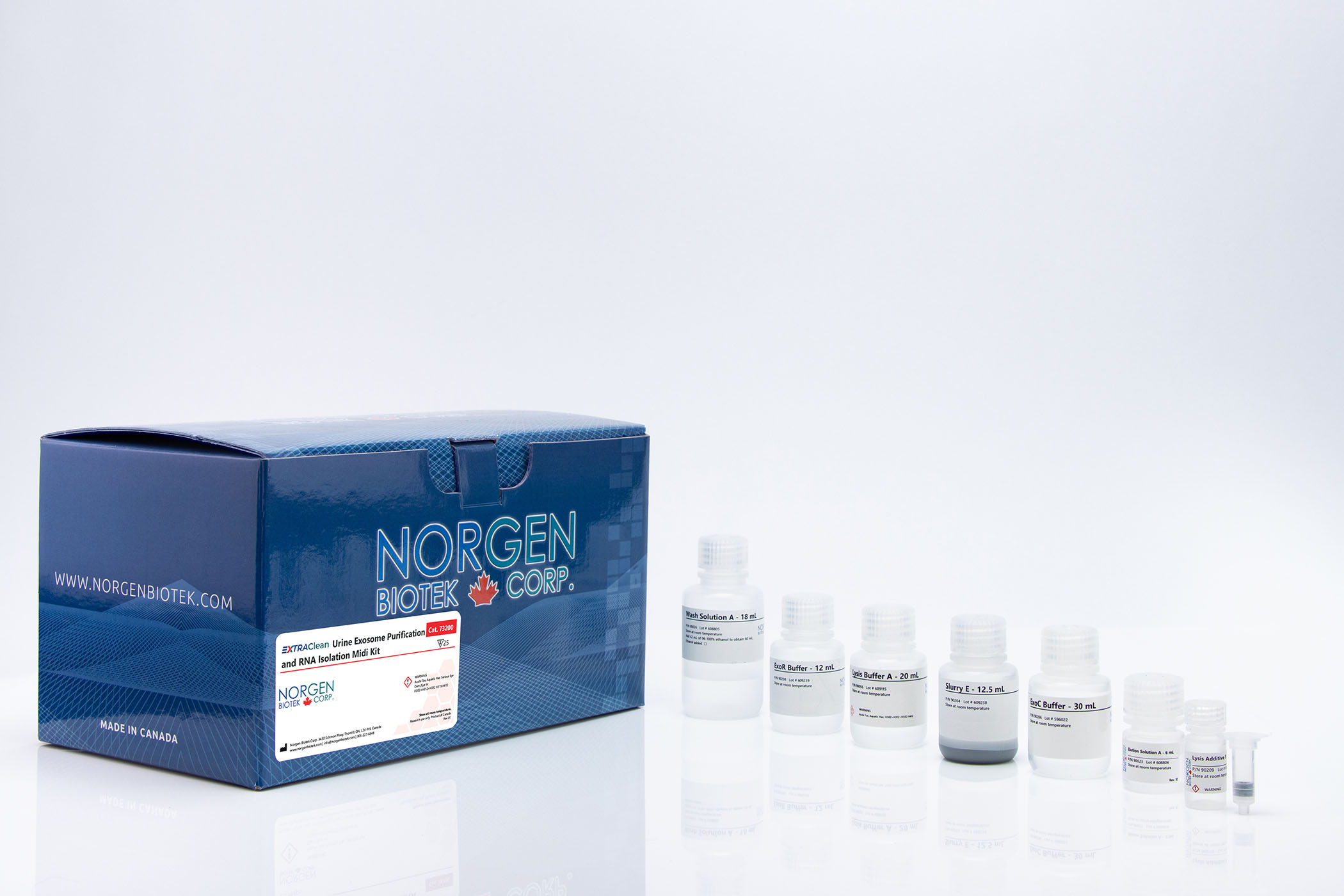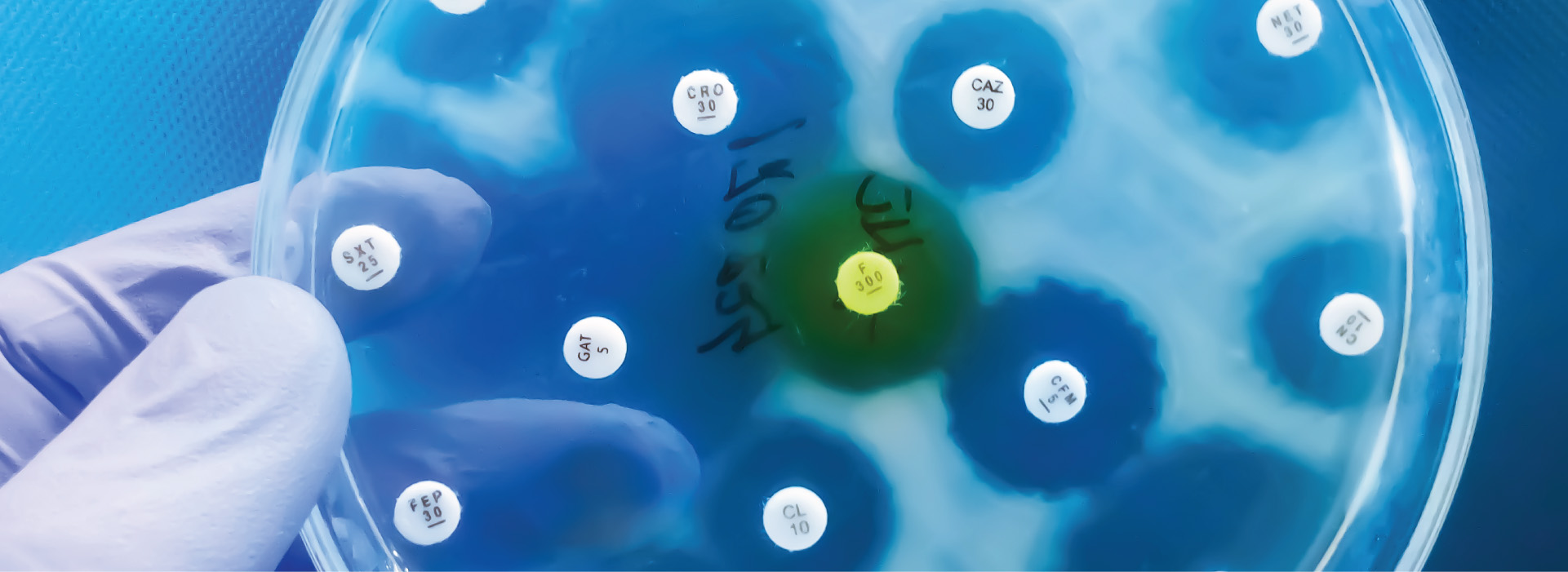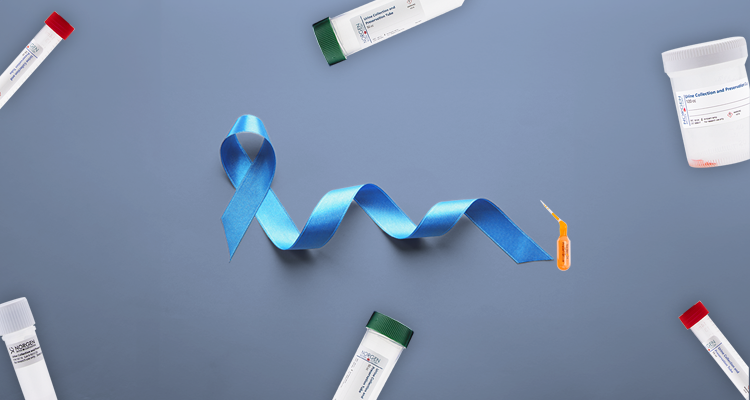In the world of molecular biology, RNA-based technologies have emerged as a powerful toolbox that enables scientists to decipher the intricacies of life at the molecular level. From gene expression to disease mechanisms, RNA plays a central role in a variety of cellular processes. In this blog, we will explore the significance of RNA-based technologies, its manifold applications, and its profound impact on scientific research and medical advancements.
What are RNA-based technologies?
RNA-based technologies encompass the study, manipulation, and utilization of RNA molecules for a variety of applications. RNA is a crucial biomolecule found in all living cells, playing essential roles in gene expression, regulation, and protein synthesis. Advancements in RNA-based technologies have revolutionized the fields of molecular biology, genetics, and medicine, enabling scientists to gain deeper insights into cellular processes and develop innovative applications for research and therapeutics.
What are the Applications of RNA-based Technologies?
- RNA extraction and purification:
- Gene expression analysis:
- RNA sequencing:
- RNA Interference:
- Liquid Biopsy:
The first step in any application involves the isolation and purification of RNA molecules from different biological samples, such as tissues, cells, blood, and biofluids. High-quality RNA extraction is essential for downstream applications like gene expression analysis and RNA sequencing. Norgen's Total RNA Purification Kit offers a simple, reliable method for the extraction of high quality and high purity total RNA without size or GC content bias from a wide variety of specimens.
RNA-based technologies enable researchers to study gene expression patterns, revealing which genes are active and how their expression levels change under different conditions or in response to treatments. This analysis helps understand cellular functions and the mechanisms underlying diseases.
RNA-Seq is a revolutionary method that enables the comprehensive analysis of the entire transcriptome, including coding and non-coding RNAs. It helps identify novel transcripts, alternative splicing events, and other regulatory elements, providing a more complete picture of gene expression. Norgen Biotek offers comprehensive Next-Generation Sequencing (NGS) services to provide full workflow solutions, from RNA isolation and sequencing to advanced bioinformatic analyses for ready-to-publish data.
RNAi is a gene silencing mechanism that utilizes small RNA molecules, such as short interfering RNA (siRNA) or short hairpin RNA (shRNA), to target and inhibit the expression of specific genes. RNAi has significant potential for therapeutic applications to treat genetic diseases and cancers.
Liquid biopsies have emerged as non-invasive methods for cancer diagnosis and monitoring. Analysis of circulating tumor RNA (ctRNA) or cell-free RNA from bodily fluids such as blood, saliva and urine provides valuable information on disease progression and treatment response.
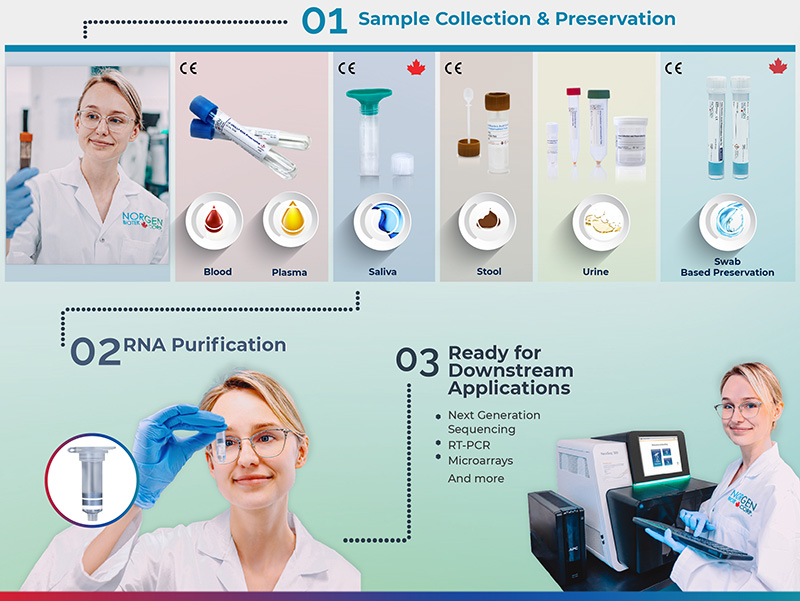
What’s Trending in the World of RNA?
RNA-based technologies stand at the forefront of innovation, continuously unlocking new frontiers of scientific understanding and medical advancements. Over the past few years, exciting breakthroughs have propelled RNA into the spotlight, reshaping how we approach research, diagnostics, and therapeutic interventions. From the unprecedented success of mRNA vaccines during the global pandemic to revolutionary RNA editing tools and beyond, the landscape of RNA has been bustling with transformative discoveries.
Want to hear more from Norgen?
Join over 10,000 scientists, bioinformaticians, and researchers who receive our exclusive deals, industry updates, and more, directly to their inbox.
For a limited time, subscribe and SAVE 10% on your next purchase!
SIGN UP
In a recent study published in the American Journal of Human Genetics, researchers at Sick Kids used RNA analysis to obtain useful diagnostic information for an additional eight per cent of patients whose diagnosis was not confirmed using genome sequencing alone, either confirming or ruling out the impact of a DNA variant identified during genome sequencing. Their study supports the inclusion of clinical based RNA-testing in diagnostic workflows for children with rare conditions. (https://www.cell.com/ajhg/fulltext/S0002-9297(23)00090-3)
In recent years, mRNA vaccines have demonstrated potent immunity against infectious disease targets in animals. This was particularly evident with the successful development of mRNA vaccines during the COVID-19 pandemic. Further examples include influenza virus, Zika virus, rabies virus, and others. Utilizing both lipid-encapsulated and naked forms of sequence-optimized mRNA, these vaccines have showcased promising results, opening up new possibilities for combating infectious diseases. Beyond vaccines, researchers are exploring mRNA as a platform for a wide range of therapeutic applications, including cancer immunotherapy, infectious diseases, and genetic disorders.
Various strategies for mRNA cancer vaccines have been explored in numerous cancer clinical trials, including dendritic cell vaccines and different types of directly injectable mRNA. Encouragingly, these approaches have yielded promising outcomes, with some trials reporting antigen-specific T cell responses and prolonged disease-free survival in certain cases. This indicates the potential of mRNA-based cancer vaccines as a novel and hopeful avenue in cancer immunotherapy.
Exosomal RNA: Potential Biomarkers for Diseases

Exosomes are small, extracellular vesicles released by cells into various bodily fluids, such as blood, urine, and cerebrospinal fluid. These vesicles are involved in intercellular communication, facilitating the transfer of bioactive molecules, including RNA, between cells. Due to their vast roles in cellular communication, exosomes have emerged as promising diagnostic tools for various diseases. Norgen Biotek offers a range of kits for exosome purification and exosomal RNA extraction, tailored for a diverse range of biofluids and input volumes. These kits employ a highly selective proprietary resin matrix, enabling isolation of high-quality, high-purity exosomal RNA suitable for a variety of applications. Some of the exciting applications of exosomal RNA include:
- Biomarker Detection: Exosomes carry specific biomolecules, such as proteins, RNA, and microRNAs, that reflect the physiological and pathological state of their parent cells. By analyzing the content of exosomes, researchers can identify novel, disease-specific biomarkers that indicate the presence or progression of a particular disease. https://pubmed.ncbi.nlm.nih.gov/35269604/
- Exosomes in Aesthetics: Exosomes have played a significant role in dermatology in terms of wound healing, cell migration, extracellular matrix reconstruction, and angiogenesis, making them attractive candidates for cosmetic applications. Early preclinical studies have shown promising effects of exosomes in skin rejuvenation and hair regeneration. https://pubmed.ncbi.nlm.nih.gov/35580250/
- Liquid Biopsies: Traditional tissue biopsies can be invasive and challenging to obtain, especially for certain organs. Exosomes provide an alternative approach for non-invasive diagnostics through liquid biopsies. They can be isolated from various bodily fluids, such as blood, urine, and cerebrospinal fluid, to analyze disease-specific biomarkers. https://www.ncbi.nlm.nih.gov/pmc/articles/PMC8124368/
- Cancer Diagnosis and Monitoring: Exosomes have gained significant attention in cancer diagnosis and monitoring. Tumor-derived exosomes contain specific biomarkers that can indicate the presence of cancer, its stage, and response to treatment. Liquid biopsies based on exosomes offer potential for early cancer detection and real-time monitoring of treatment efficacy. https://molecular-cancer.biomedcentral.com/articles/10.1186/s12943-022-01509-9
- Neurological Disorders: Exosomes derived from neurons or glial cells can be isolated from cerebrospinal fluid or blood to assess biomarkers associated with neurodegenerative diseases like Alzheimer's, Parkinson's, and multiple sclerosis. These biomarkers can aid in early diagnosis and tracking disease progression. https://www.ncbi.nlm.nih.gov/pmc/articles/PMC8341051/
- Infectious Diseases: Exosomes derived from infected cells or pathogens can carry specific biomolecules associated with infectious diseases. Analyzing the content of these exosomes can aid in the diagnosis of viral, bacterial, or parasitic infections. https://www.ncbi.nlm.nih.gov/pmc/articles/PMC8968181/
- Cardiovascular Diseases: Exosomes released by heart cells and endothelial cells can contain biomarkers relevant to cardiovascular diseases, such as heart failure, myocardial infarction, and atherosclerosis. These biomarkers can provide insights into the cardiovascular health of the patient. https://www.frontiersin.org/articles/10.3389/fcvm.2021.767488/full
- Autoimmune Disorders: Exosomes have shown potential as biomarkers for autoimmune diseases like rheumatoid arthritis, lupus, and multiple sclerosis. They can be used to monitor disease activity and response to treatment. https://www.ncbi.nlm.nih.gov/pmc/articles/PMC9353180/
RNA-based technologies continue to evolve rapidly, with growing applications in basic research, diagnostics, therapeutics, and personalized medicine. Norgen’s range of kits offer the reliable, all-in-one solutions you need to explore the full potential of RNA.
